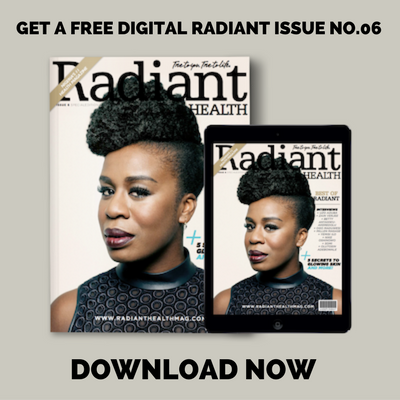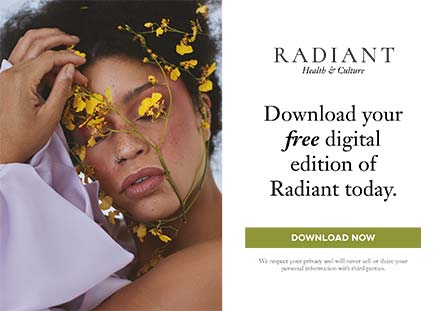Evidence of Good Living or Poor Health? Why Bigger Is Not Always Better
By Nina OmeakuPublished: May 7, 2014

Being Overweight Should No Longer Be Considered “Evidence of Good Living”
Nigeria is a country all too familiar with extremes. The nation was recently declared Africa’s largest economy, yet 80% of the country’s population continues to survive on less than $2 a day.
In the near future, Nigeria may find itself faced with yet another sobering extreme – a nation plagued with the effects of hunger AND obesity.
Being overweight is culturally and socially acceptable in Nigeria, because of its association with wealth and affluence. A “fat” wife is a well-taken care of woman. A man with a belly barely contained by his belt is a man whose wealth must be insurmountable. When one is looking for a spouse, no one wants someone who looks like the “dry season.”
Historically and currently, agriculture (and farming) has been an economic mainstay in Nigeria. Those who were wealthier and did not have to engage in “hard labor,” stereotypically would be fatter; hence the association between wealth and weight.
As employment opportunities have arisen in urban cities over the years, for many migrating to the cities, levels of physical labor have declined. The global trend of modern-day “fast food” eating has, unfortunately, hit urban Nigeria as well. Cities are strategically paved with fast food establishments – Mr. Biggs, Tantalizers, you name it. High-demanding jobs necessitate large sums of energy – which are readily and conveniently available in fast food items. These foods contain high calories, fat, sugars, cholesterol, etc. – the precursors of obesity.
Obesity and unhealthy eating practices tend to not be viewed as health concerns until complications have manifested in the forms of diabetes, hypertension, cancers, and many diseases that result in shorter life expectancies.
Armed with the mentality that excess weight is analogous to excess wealth and coupled with greater access and consumption of “fast foods” – in the impending “war on obesity,” Nigerians are ill-prepared for battle. However, this fate is not inescapable.
A cultural shift is in order. Wealth should be signified by health – not a number on a scale, the size of a dress (whether it be a 2 or a 14), or the number of suitors outside your door. Instead, it should be measured by things such as engagement in daily physical activity and daily consumption of nutrient-filled foods. I implore all of us to take 6 steps towards bettering our health.
Sometimes to improve your life, you need to ACT OUT – out of your norm and out of your comfort zone.
First, honestly and realistically, assess where your health currently stands. Secondly, create an action plan with a clear start date and a set date to evaluate your progress. We, as women, can be our worst enemies when we face ourselves in the mirror. Rather than focusing on the physical and the weight on your scale, focus on incorporating exercise and healthy eating choices into your diet and lifestyle.
Be definitive with your date choices – we do not want to get lost in the cycle of “I’ll start tomorrow,” knowing that tomorrow will never arrive.
After creating your plan, tell others – friends, family, coworkers, etc. By informing others of your goals and intentions, it creates “positive peer pressure,” in that they will hold you accountable and you will feel obligated to live up to your word.
Next, is the simplest yet most difficult part, obey and follow your plan. You may have setbacks, but do not allow these to deter you. Tomorrow is always a new day.
Finally, once you’ve reached your pre-set evaluation day, update your action plan based on your progress and any areas that can be improved upon. Then, take it from the top and start the process all over again.
REMEMBER – Health is the new evidence of good living! Now, go forth, live long, and thrive!
Like what you're reading? Sign up for our free newsletter and never miss a post! Plus get a FREE digital version of our Issue No.10 with sign up.

- Dying to Be White? – The Psychological and Physical Consequences of Skin Lightening - April 22, 2014
- Evidence of Good Living or Poor Health? Why Bigger Is Not Always Better - May 7, 2014
- The Nobility Of Suffering In Silence: Depression In Nigerian Women - June 11, 2014
- Condom Scallywag and Scatter: Talking To Our Young Girls About Sex - February 9, 2015
- How to Make 2015 Your Re(New)al Year - January 7, 2015












